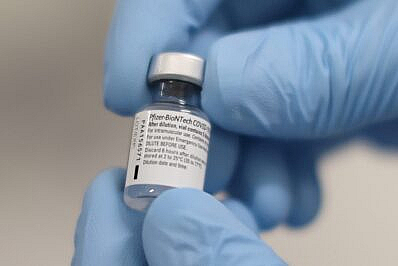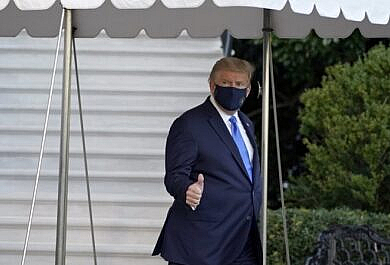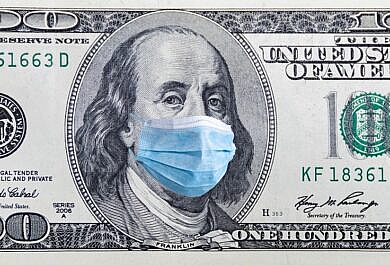After developing a vaccine in record time, Pfizer received “emergency use authorization” from the FDA on Friday. The first vaccines are expected to be delivered by Monday.
Summary
The U.S. Food and Drug Administration gave its stamp of approval for Pfizer’s two-stage vaccine for COVID-19 Friday evening.
- After a small number of people receiving the Pfizer vaccine during trials suffered Bell’s palsy, an incident in which CDC indicated there was no data connecting the two, the CDC announced it will continue monitoring for side effects as the first three million doses are administered in the U.S.
- Medical experts reviewed the list of ingredients in the vaccine, saying “people should not be in any way concerned” by the vaccine’s components.
- Logistics and delivery companies UPS and FedEx will now be tasked with delivering millions of doses across the country, an effort the president of UPS Healthcare called “the moment of truth.”
- As early as Monday, “ultra-cold storage” facilities across the country will receive the vaccine, which is required to be kept at temperatures well below freezing, as the governors of every state determine the vaccine rollouts.
- Noting the Pfizer vaccine received EUA, the Los Angeles Times explained the differences in process and applicationbetween EUA and a full approval when not in a public health crisis.
![]()
- The New York Times led a report on the authorization with unnamed White House officials saying Chief of Staff Mark Meadows threatened the FDA Commissioner if the EUA was not completed Friday.
- CNN emphasized the long road still ahead of the United States, quoting Dr. Anthony Fauci saying it could be until April when it is widely available to those in “non-high priority groups.”
- The Washington Post lionized federal bureaucrats, saying they spent months thwarting President Trump to “keep the review process apolitical.”
- Vox published Dr. Perry Wilson’s warnings of potential bumps in the road to immunization, ranging from logistics problems to the creation of a “false sense of security.”
![]()
- Alex Azar, the head of the Department of Health and Human Services, wrote an op-ed for Fox News praising the “public servants” for exceeding expectations and delivering a vaccine at a record pace.
- Whether or not vaccinated people should continue to wear masks, Jim Geraghty of National Review argues it is unlikely those who receive the vaccine will wear one: “People are tired of wearing them, tired of arguing about them, and tired of fighting about them.”
- President Trump’s remarks praising the vaccine and the efforts of Operation Warp Speed led Washington Times’ coverage of the Pfizer authorization.
© Dallas Gerber, 2020






